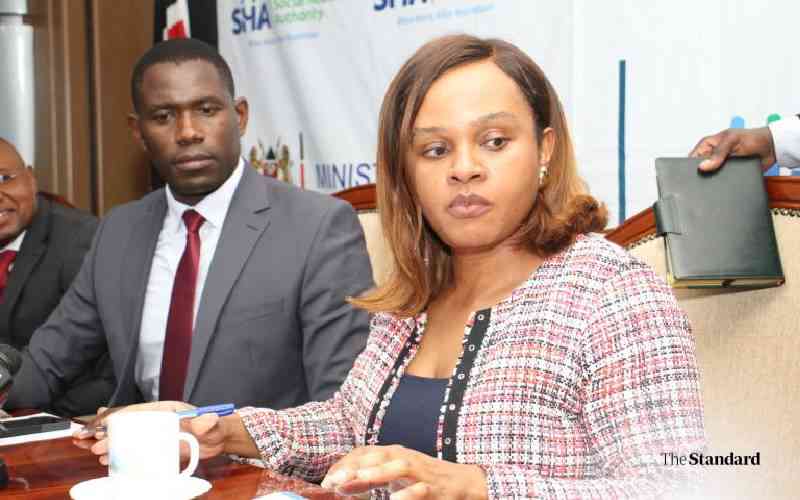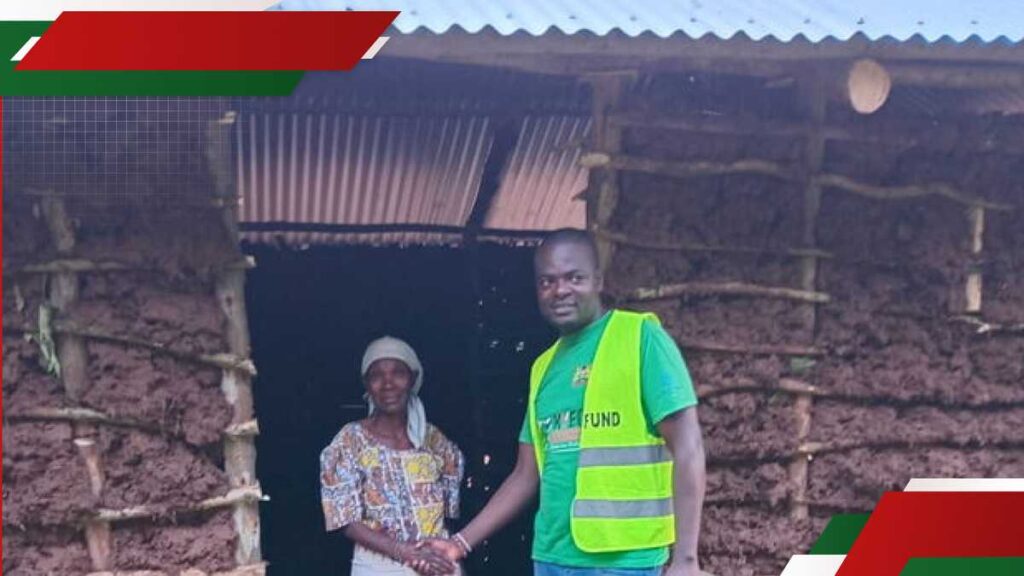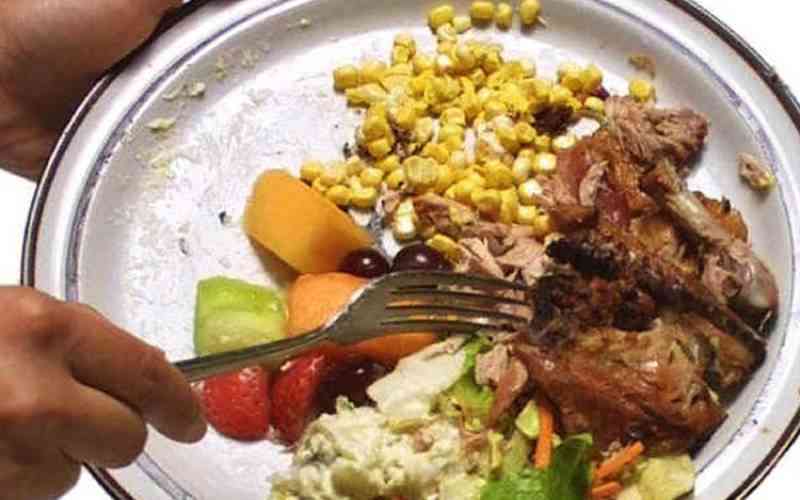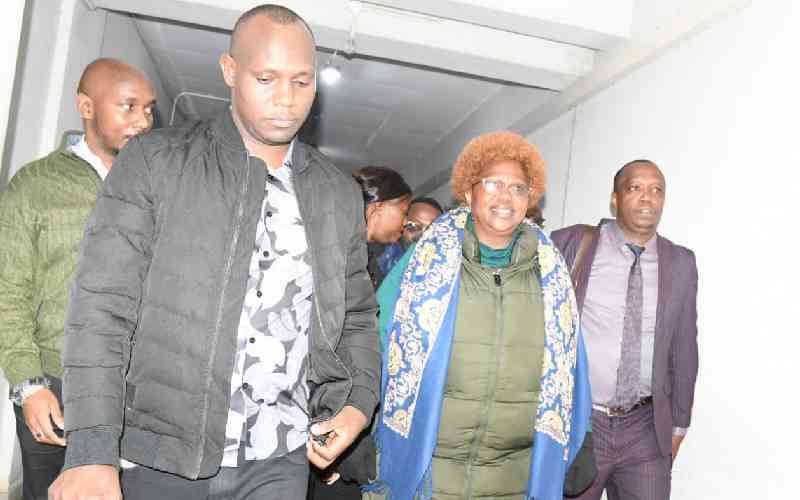Otieno Otieno, a resident of Kiambu County, remembers the day vividly—June 15, 2025—when a teacher called to inform him that his 12-year-old daughter had fallen ill at school with acute stomach pains.
Without hesitation, Otieno directed her to the nearest hospital. However, instead of receiving care through the Social Health Insurance Fund (SHIF), under which he had diligently registered her, he was hit with a Sh1,000 consultation fee followed by another Sh800 for medication.
“I thought SHIF would cover my daughter but I ended up paying everything out of pocket,” says Otieno, whose SHIF premiums are deducted monthly by his employer.
Weeks later, his eight-year-old son also fell ill. This time, Otieno was charged Sh3,000 in consultation fees.
At the facility, Otieno was advised to have his son admitted so that the Social Health Authority (SHA) could cater for the treatment costs, even though the diagnosis was tonsillitis, a condition typically managed without hospitalization.
“I refused. Why admit a child who only has tonsils?” he asks. “Every month, I’m deducted 2.75 percent of my salary, yet I’ve never benefited from this fund.”
Otieno’s experience reflects the frustrations of many Kenyans who feel shortchanged by SHA, a scheme introduced to provide Universal Health Coverage (UHC) but which appears to fall short, especially in covering outpatient services.
Elphone Amenya from Nakuru found a workaround. After his sister-in-law’s son fell ill, he allegedly colluded with a doctor at Rift Valley Provincial General Hospital to admit the child, just to qualify for SHIF coverage.
“All I needed was a lab test for capillary hemangioma (a non-cancerous tumor) costing Sh1,000 and a doctor’s consultation fee of Sh500. But I was told SHA doesn’t cover outpatient services,” he explains.
Before reaching the Level 5 hospital, Amenya had tried Menengai Dispensary. It lacked lab reagents. His nephew was given Panadol, which offered no relief.
At the regional referral facility, SHA paid Sh14,000 for surgery but left him with a Sh2,200 lab bill and another Sh2,000 for the histology report. “I ask myself why I continue remitting to SHA. Outpatient care is the most basic, yet it’s ignored. How is this UHC?”
As SHA rolls out its promises under the Social Health Insurance Act, 2023, frustrations like Otieno’s and Amenya’s raise serious questions if the new scheme is truly serving its purpose—or is it merely a paper shield in times of illness?
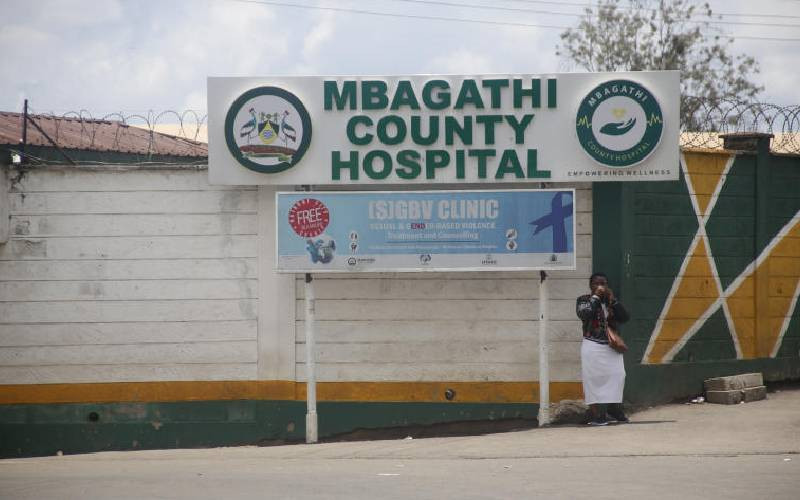
A visit to Mbagathi Hospital painted a grim picture of despair and frustration among patients seeking care at the outpatient department.According to a health worker who requested anonymity, most services at the unit must be paid for out of pocket.
“Here, SHA is only on paper and in the media. It doesn’t work for us,” the health worker says. “Patients are forced to pay for everything themselves.”
Stay informed. Subscribe to our newsletter
Monthly premiums
Hassan Iddi is among patients who reported to the hospital with history of chest pain, with a growth on the upper part of the chest.
But at the facility, he was turned away from the outpatient unit. “I am in much pain. I have camped here for two days. I need CT Scan, and treatment but doctors have refused to give me care. I am told to pay cash because SHA is not working,” says Iddi, who pays monthly premiums of Sh650.
He adds, “I have paid Sh400 to be seen by a doctor for the two days, but he cannot proceed with treatment”.
Critically ill patients are often turned away. Many are forced to buy medication at nearby private chemists, where prices are significantly inflated.
“I have paid Sh200 for consultation, and further Sh600 for X-ray. The doctor has sent me to pharmacy but there are no drugs. I have been asked to buy from private chemists,” says Hezron Ratemo, a patient
A health provider at the unit admitted that the hospital faces regular stock-outs. Pressed on where patients are expected to buy the drugs, the health worker hesitated before answering, “I don’t know, they are free to go to any chemist of their choice.”
At the facility, the only services offered free of charge are temperature checks and blood pressure readings.
At Mama Lucy Kibaki Hospital, the situation is no better. Patients queue at the cashier’s office to pay for the ser vices via M-Pesa.
“Outpatient services here are entirely out-of-pocket. Unless one is admitted, all care must be paid for in cash,” a hospital cashier confirmed.
Sadly, many patients leave without receiving any care at all. Some are unable to afford even the most basic diagnostic tests.
The situation is most dire at the emergency unit. Patients in critical condition are often delayed as they must first be cleared by the cashier—even after paying the mandatory Sh200 consultation fee.
With too few health workers available, long waits are the norm, even in emergencies.In the emergency unit, where patients grapple between life and death, hoping for urgent care, there is no sense of urgency among the few available health workers.
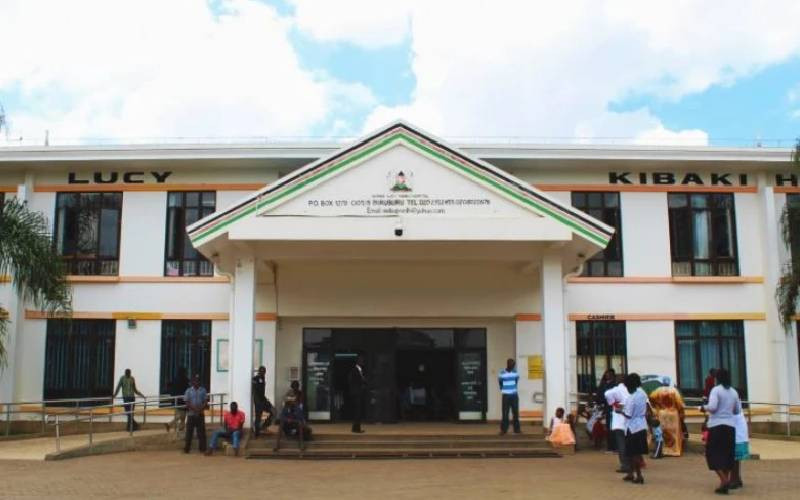
At facilities like Mathari National Teaching and Referral Hospital outpatient mental health services are also not covered. Patients must either pay cash or be admitted, despite the hospital lacking adequate admission capacity.
This is a glimpse of state of healthcare in most hospitals across the country, where patients are routinely sent away while seeking outpatient care.
Rural and Urban Private Hospitals Association of Kenya (RUPHA) chairman Brian Lishenga says limiting outpatient services under SHA is a form of “up coding”.
Unnecessary admissions
The official admits that facilities prefer to offer inpatient services because of higher reimbursement per day when a patient is admitted.
“The lowest claims for admission is Sh2,240 per day at Level 3 and Sh4,480 at Level 6,” says Lishenga.
“If the patient is admitted for a minor complaint, then the upside for the facility is okay”.
However, reimbursement of SHA claims for truly deserving inpatient cases is low, despite the availability of Sh100 billion digital superhighway to ease the process.
The amounts of Sh2,240 to Sh4,480 daily are meant to cover for accommodation, housekeeping, nurses fees, laboratory fees, radiology fees, doctors fees and drugs, according to Lishenga.
Late claim disbursement, he says, encourages up-coding (indicating a medical condition is more serious than it is in order to get a higher reimbursement.
It also encourages unnecessary admissions of minor ailments to buffer losses on the more expensive conditions. Lishenga added that reimbursement of outpatient is unpredictable.
“No facility knows what it will be paid for any particular ailments or any particular number of patients. Many facilities also do not know if they will be paid on any month, despite offering care. This uncertainty drives facilities away from offering outpatient services on SHA,” observed Dr Lishenga.
Poor authentication
SHA, he said, also has poor control of One Time Pin (alert patients get on their phone from SHA to initiate a hospital visit).
“OTP is not a good standard for authentication of an admission. A patient can be “admitted” while at home. This is medical fraud. However, for unscrupulous providers, it is easy money,” Lishenga regretted.
The defunct NHIF, he said, had deployed biometrics to guarantee physical presence in the facility, the fraud problem is part of the chaotic transition from NHIF to SHA.
A deeper issue affecting the provision of outpatient services lies in the SHA benefit package, which currently offers more comprehensive cover for inpatients than outpatients, according to SHA insider who requested anonymity.
Services such as consultation, optical care, and essential lab tests are missing from the SHA outpatient package, forcing patients to pay out of pocket.
“This is why private hospitals are quick to admit patients—not always because it’s necessary, but because they can bill SHA,” an insider revealed.The source added that a special committee is currently reviewing the SHA benefits package to address these gaps, and proposals have already been submitted.
Health economist John Juma notes that SHA’s rollout has made it difficult for Kenyans to access outpatient care at Level 4, 5, or 6 hospitals without a referral from lower-tier facilities.
“The government rushed the transition without preparing dispensaries and health centres,” he says.
These lower-level facilities often lack skilled staff, equipment, and digital systems but are now expected to handle most outpatient needs.
The result, he explains, is widespread fraud as hospitals bend the rules to survive. “Patients are falsely admitted so hospitals can claim reimbursement from SHA for non-existent inpatient stays,” Juma adds.
To fix this, he recommends revising the referral policy, investing in lower-tier facilities and tightening oversight. “Health reforms should ease access, not make it harder.”








